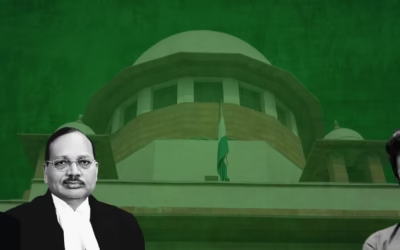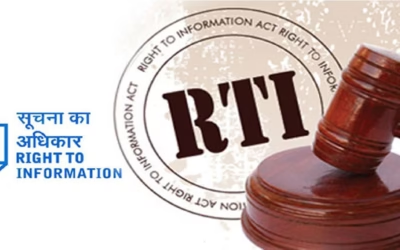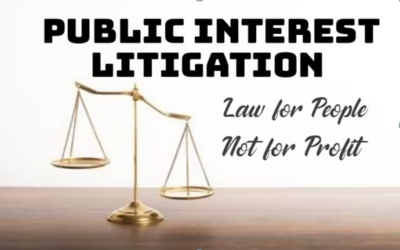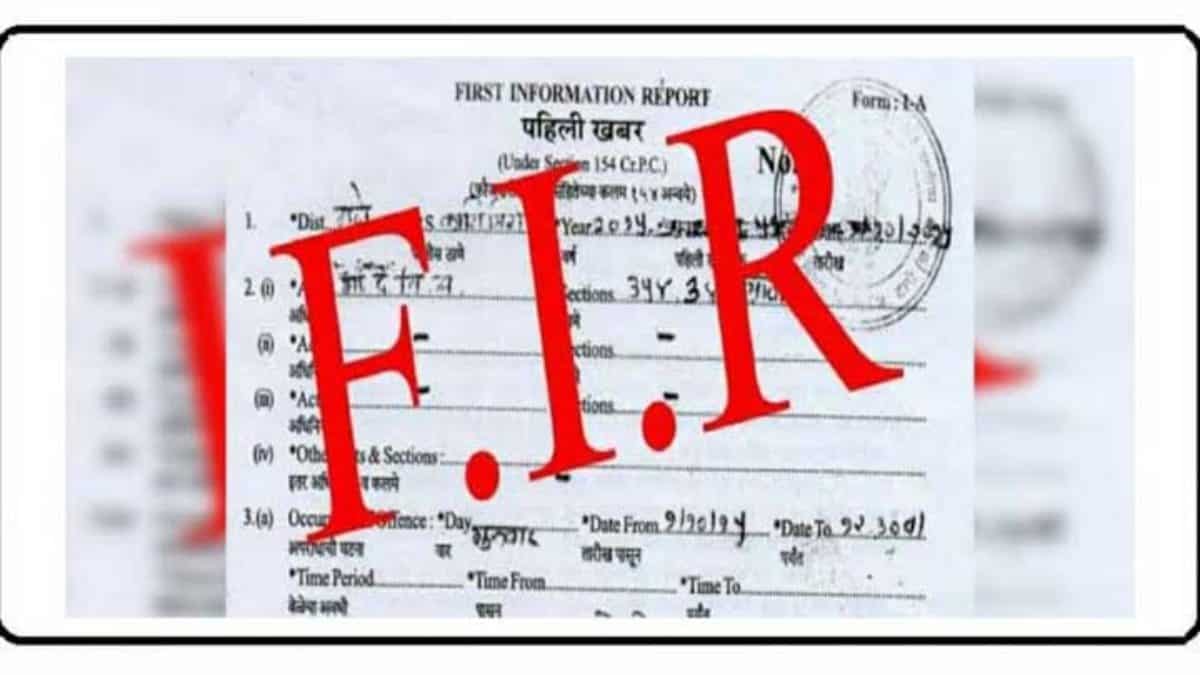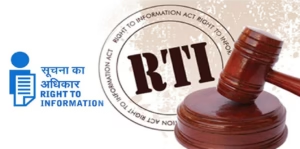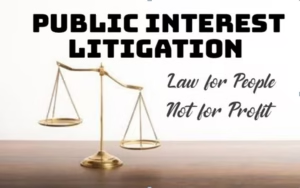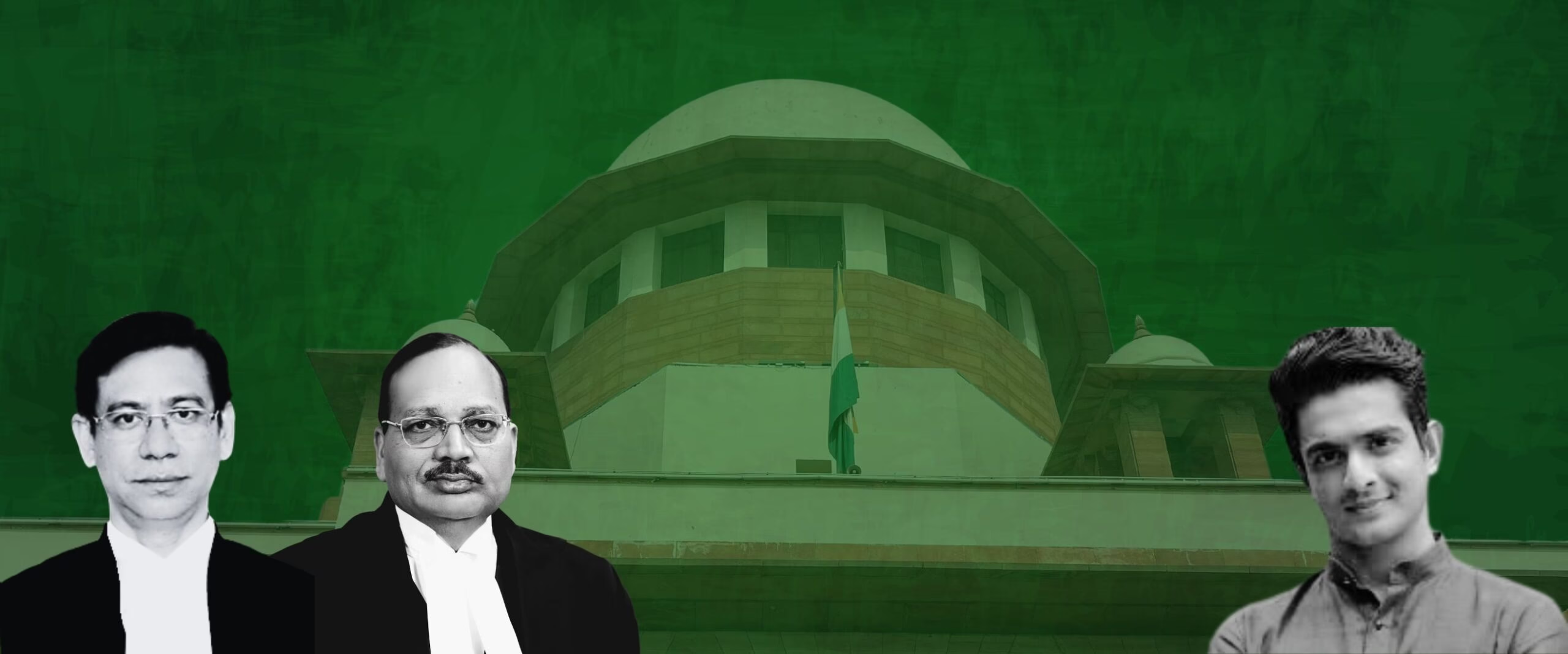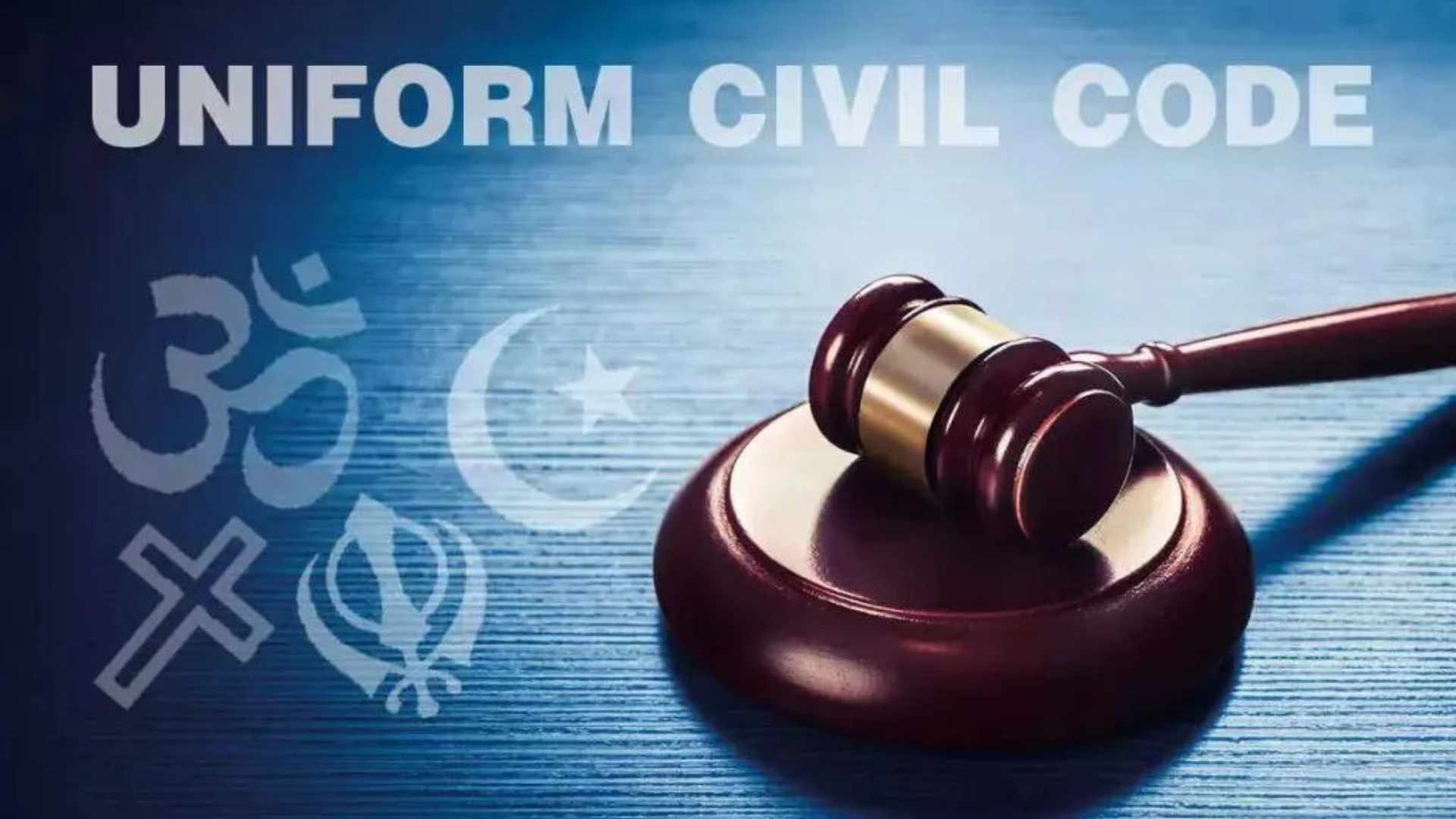
Updated Indian Waqf Bill 2024: Legal Analysis, Key Features & Community Benefits
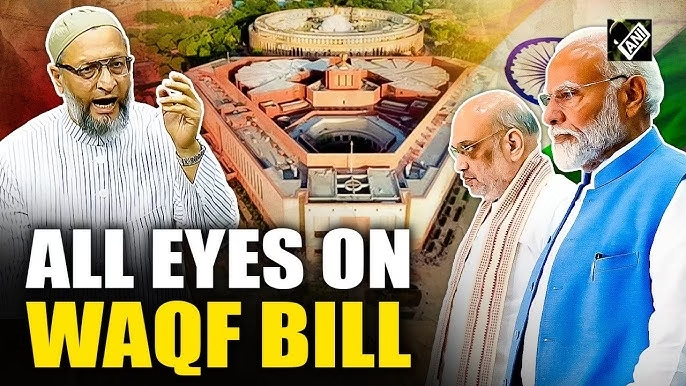
The Waqf system in India is a centuries-old institution rooted in Islamic jurisprudence, allowing Muslims to dedicate property for religious, pious, or charitable purposes. Historically, Waqf has played a major role in maintaining mosques, madrasas, dargahs, graveyards, and supporting education and welfare schemes for the Muslim community. However, despite being one of the largest landholding institutions in the country, the Waqf administration has faced persistent issues of encroachment, mismanagement, lack of transparency, and political interference.
To tackle these long-standing challenges and improve the regulatory framework, the Government of India has introduced amendments to the Waqf Act through the Waqf (Amendment) Bill, 2023-2024. The revised Bill aims to modernize Waqf management through digitization, legal empowerment, community inclusion, and stricter enforcement mechanisms.
In this comprehensive article by LegalSathii.com, we delve into the updated Indian Waqf Bill, analyzing its legal implications, key provisions, and how the reforms are designed to ensure better governance and protection of Waqf properties in India.
What is Waqf? A Legal Overview
In Islamic law, Waqf refers to a permanent and irrevocable endowment of movable or immovable property for purposes deemed religious, charitable, or pious. Once a property is declared as Waqf, its ownership is transferred to God, and it must be managed for the benefit of the community.
The Waqf Act, 1995, enacted by the Indian Parliament, governs the establishment and administration of Waqf properties across the country. It led to the formation of State Waqf Boards and the Central Waqf Council to monitor the use, development, and protection of Waqf assets. However, since its inception, several gaps and implementation issues have been identified, including rampant encroachment, lack of accountability, and delays in dispute resolution.
Need for the Amendment: Why Reform Was Necessary
The following factors prompted the government to revise the Waqf Act:
- Widespread Encroachment: Waqf lands were being illegally occupied by private and public entities.
- Lack of Digitization: Most records were maintained in manual registers, making it easy to manipulate or lose data.
- Slow Judicial Processes: Disputes related to Waqf properties took years to resolve.
- Corruption and Misuse: Reports highlighted financial irregularities and political interference in Waqf Boards.
- Community Pressure: Demands from civil society and minority rights organizations for stronger legal protections.
Overview of the Updated Indian Waqf Bill (2023-2024)
The updated Waqf (Amendment) Bill 2023–2024 introduces a new legal architecture for effective administration, transparency, and security of Waqf properties. The core objective is to make Waqf governance responsive, inclusive, and accountable while safeguarding the religious and social rights of the Muslim community.
Here are the salient features and legal highlights of the amended Bill:
Key Legal Provisions and Amendments
1. Expanded Definition of Encroachment
The Bill broadens the scope of the term “encroachment” to include:
- Unauthorized occupation,
- Misuse of property,
- Illegal leasing or transfer,
- Diversion of Waqf land for non-charitable purposes.
Penalty Clause: The amendment proposes stricter fines and imprisonment for individuals or institutions found guilty of encroachment.
2. Digitization and GIS Mapping of Waqf Properties
- Mandatory digital registration of all Waqf assets.
- Integration of Geographical Information System (GIS) to map land boundaries and ownership details.
- Creation of a centralized online database maintained by the Central Waqf Council.
Impact: Enhances public access to property details and reduces data manipulation.
3. Waqf Tribunals Empowered
- Waqf Tribunals are given quasi-judicial powers to hear cases and enforce orders.
- Can now evict encroachers and grant compensation to the Waqf Board.
- Enforcement mechanism aligned with civil court standards.
Time Frame: Disputes must be resolved within 6 months of filing.
4. Time-Bound Grievance Redressal Mechanism
- Faster resolution of legal disputes,
- Compulsory compliance with tribunal orders,
- Penalties for delay in implementation of orders by local authorities.
5. Mandatory Social Audits
- Every State Waqf Board must conduct an annual audit of its properties, revenue, and expenditures.
- Reports to be submitted to both the State Government and Central Waqf Council.
- Provision for independent third-party audit in cases of suspected fraud.
6. Ban on Sale, Lease, or Mortgage Without Approval
- Any decision related to the sale, lease, or mortgage of Waqf property must receive mandatory clearance from the State Waqf Board and the Central Waqf Council.
- Provision to cancel or nullify unauthorized transactions.
7. Inclusion of Minority Representatives and Experts
- Ensures inclusive governance by mandating the appointment of:
- Legal experts,
- Chartered accountants,
- Minority community members,
- Women representatives.
This makes Waqf Boards more representative and enhances transparency.
Advantages and Features of the Updated Waqf Bill
| Feature | Benefit |
|---|---|
| Digitization of Waqf Records | Reduces manipulation, increases public transparency |
| GIS Mapping | Accurate geographical identification of Waqf lands |
| Time-bound Tribunal Proceedings | Accelerates justice delivery |
| Legal Empowerment of Tribunals | Stronger enforcement of Waqf rights |
| Stricter Penalties for Encroachment | Deters illegal occupation and misuse |
| Mandatory Social Audits | Promotes financial accountability |
| Centralized Digital Database | Enables nationwide property tracking |
| Inclusion of Legal & Minority Experts | Improves board functionality and fair representation |
Real-World Implications for the Community
For the Muslim Community:
- Better management of religious and charitable institutions.
- Legal remedy for loss or misuse of ancestral Waqf property.
- Transparent reporting of property use and income generation.
For Legal Practitioners:
- Defined and expedited litigation process.
- Clear mandates for tribunal jurisdiction.
- Easier access to digitized records for due diligence.
For Civil Administrators:
- Accountability in handling encroachment cases.
- Responsibility to assist in Waqf Board orders.
- Access to mapped data through GIS systems.
Addressing Long-Standing Issues
The amended Waqf Bill seeks to address:
- Political interference by enforcing stricter audits.
- Data loss through centralized online databases.
- Misappropriation of funds with mandatory third-party reviews.
- Non-representation of minorities by enforcing inclusivity.
Constitutional and Legal Backing
The Bill aligns with:
- Article 26 of the Constitution (Freedom to manage religious affairs),
- Article 29 & 30 (Rights of minorities),
- The directives under the Sachar Committee Report to strengthen minority institutions.
It promotes legal safeguards under public trust law and enhances mechanisms under administrative law.
Conclusion: A Step Towards Justice and Reform
The Updated Indian Waqf Bill 2024 is a progressive move to revamp how Waqf institutions are managed in India. It brings about a balanced approach to religious freedom, administrative efficiency, and community rights. With a focus on digitization, tribunal empowerment, and community participation, the Bill lays down the foundation for more secure, accessible, and accountable governance of Waqf properties.
However, its success will depend heavily on effective implementation, regular audits, and community awareness. The cooperation between Waqf Boards, legal institutions, and local authorities is essential to make this amendment a real tool for justice.
For ongoing legal insights, minority rights updates, and expert opinions, follow LegalSathii.com — your reliable source for justice-driven legal content.



